The Maharashtra Pollution Control Board (MPCB) has implemented strict measures to address the rising air pollution levels in Mumbai and the surrounding Mumbai Metropolitan Region (MMR). Among the key decisions announced, no new ready-mix concrete (RMC) plants will be allowed within municipal corporation limits in MMR. This move is part of an intensified effort to combat worsening air quality in the region, which has seen steady increases in pollution levels due to rapid urbanization and construction activities.
Existing RMC plants operating within MMR’s municipal limits are now required to adopt comprehensive anti-pollution measures. Over the next three months, these plants must install anti-dust curtains at their entry and exit points to prevent dust emissions. Additionally, they are required to undertake regular water sprinkling on vehicle tires to minimize dust from construction activities being carried out on-site. The MPCB has made it clear that non-compliance with these regulations will result in the seizure of bank guarantee deposits, and in severe cases, even lead to plant closures.
For captive RMC plants located outside municipal corporation areas, stricter norms have also been introduced. These plants, which are typically established near construction sites for specific projects, will need to ensure that their operations do not exceed 10% of the allotted land area. Furthermore, all such plants must be fully enclosed in box-like structures made of tin or similar materials within three months.
Operators must submit a bank guarantee of ₹10 lakh to demonstrate their commitment to compliance with these regulations. Once 70% of the associated construction work is completed or the property is handed over, the RMC plants must either be dismantled or relocated within a month.
Commercial RMC plants outside municipal areas face even tougher requirements. These plants, which supply concrete to multiple construction projects, must maintain a buffer zone of at least 500 meters from populated areas with more than 1,000 residents. They must also ensure the same distance from schools, hospitals, colleges, courts, highways, and major district roads. Each plant will need to operate on a minimum of 4,000 square meters of land and submit a bank guarantee of ₹25 lakh to ensure compliance with the new rules.
All RMC plants, whether captive or commercial, are now required to monitor the ambient air quality at their plot boundaries. The permissible limits for particulate matter (PM10 and PM2.5) have been capped at 100 µg/m³ and 60 µg/m³, respectively. These monitors must be connected to the MPCB’s central monitoring system, enabling real-time tracking and intervention if necessary. Additionally, the expansion of existing commercial RMC plants has been prohibited, and any requests for expansion will now be treated as applications for new units under the latest guidelines.
The MPCB’s measures aim to mitigate the environmental and public health impacts of construction activities in the MMR. Pollution levels in the region have become a growing concern, with Friday’s average Air Quality Index (AQI) in Mumbai recorded at 128, classified as 'moderate.' While this level does not pose an immediate threat, prolonged exposure can have adverse effects on vulnerable groups such as children, the elderly, and individuals with respiratory conditions.
According to MPCB officials, the new regulations are being implemented in coordination with municipal corporations across MMR to ensure stricter enforcement. The chairman of MPCB, Siddhesh Kadam, stated that the board is committed to maintaining satisfactory air quality levels in the region. This directive reflects a broader effort to balance the demands of urban development with the need to protect public health and the environment.
The rising pollution in MMR has been attributed largely to construction activities, vehicle emissions, and industrial operations. RMC plants, being integral to infrastructure development, have been identified as significant contributors to air pollution due to the dust and particulate matter generated during their operations.
While these measures are likely to pose challenges for the construction sector, they also underscore the urgency of adopting cleaner and more sustainable practices. Developers and plant operators will need to invest in advanced dust control technologies and adhere to stricter monitoring standards to comply with these rules.

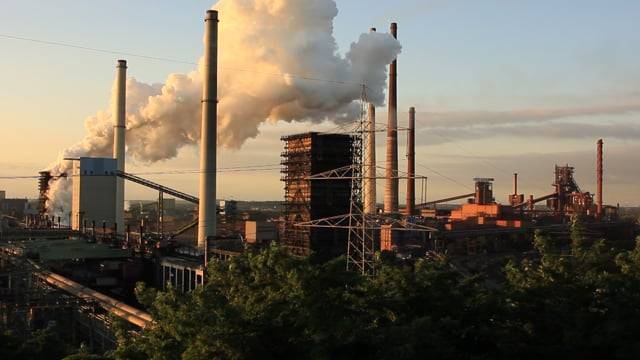
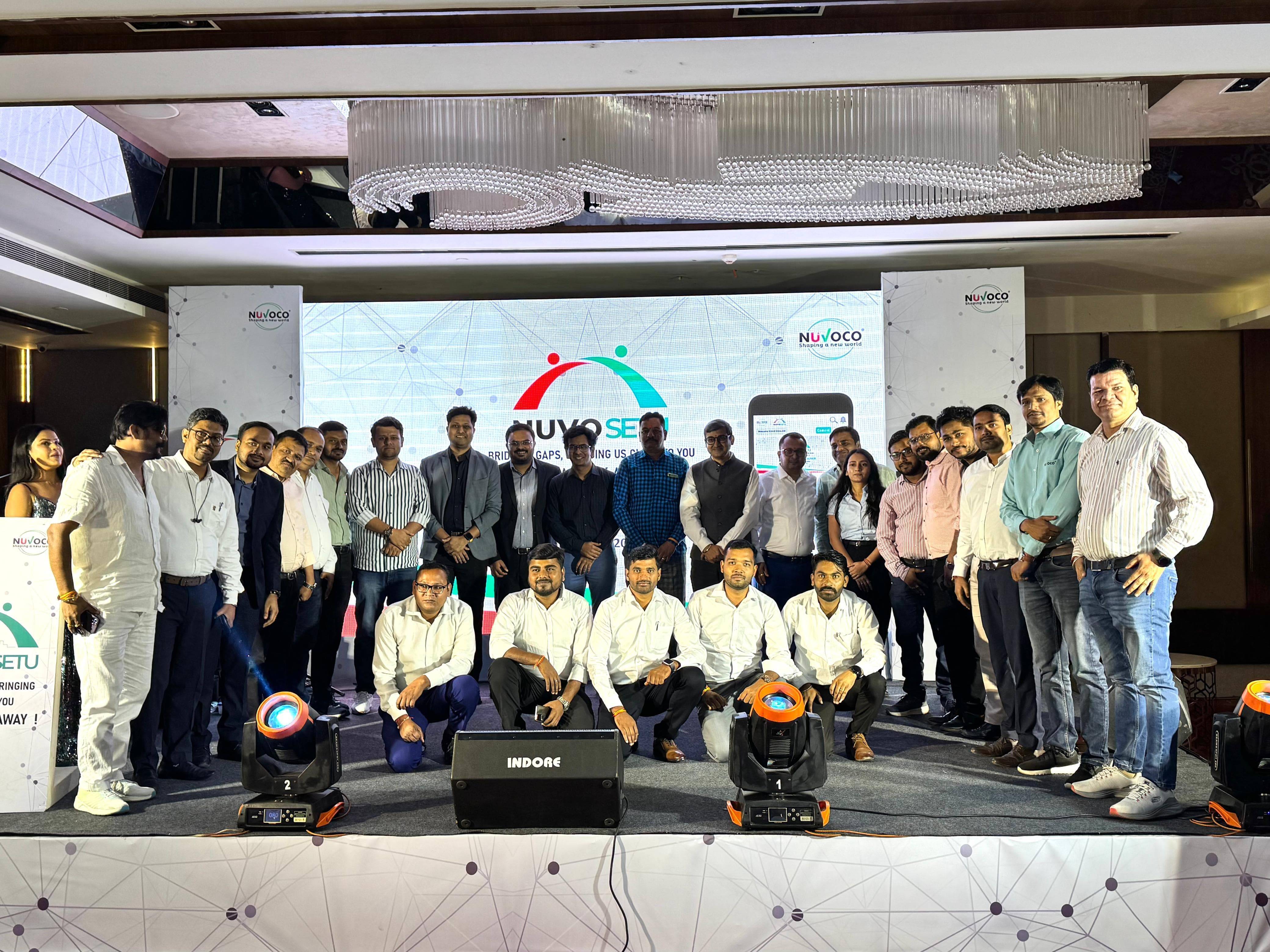

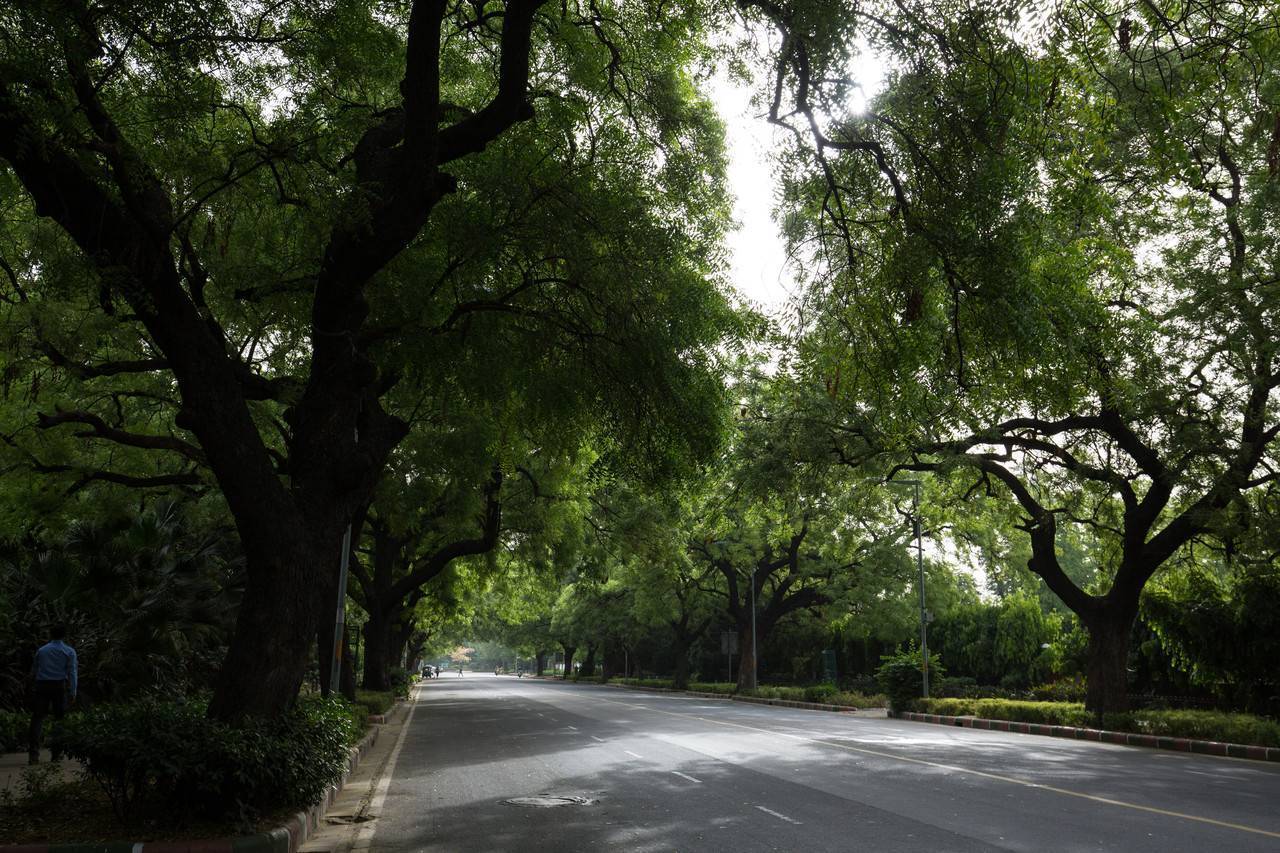
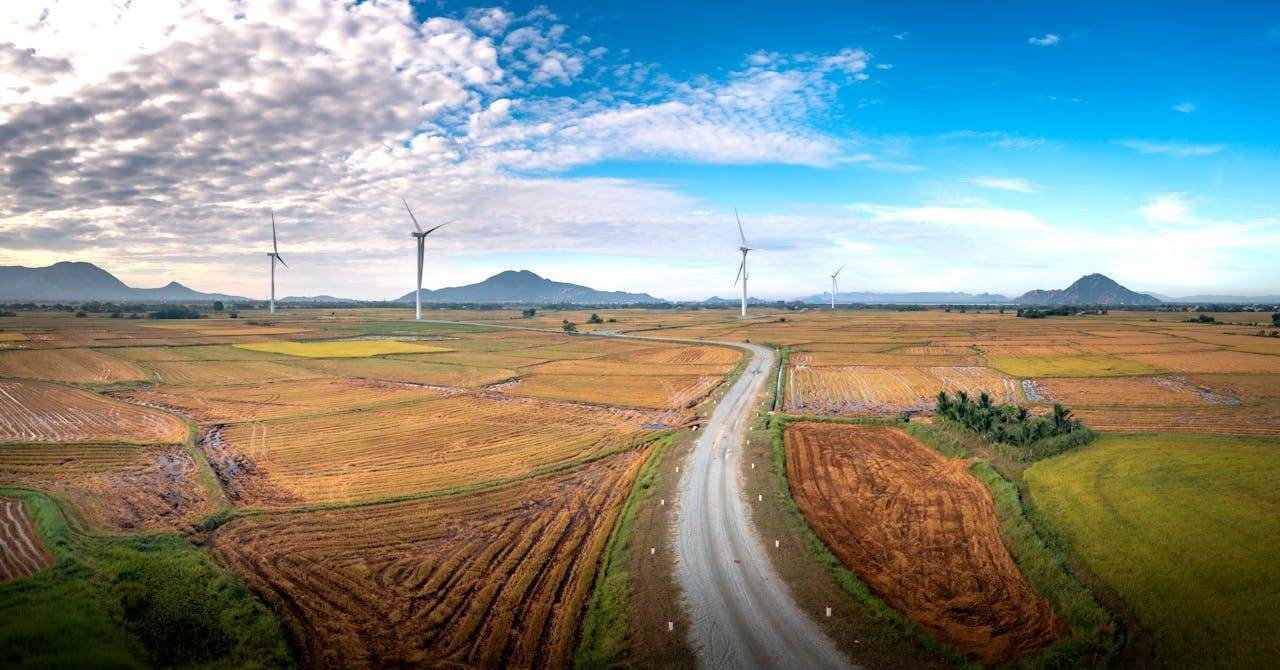

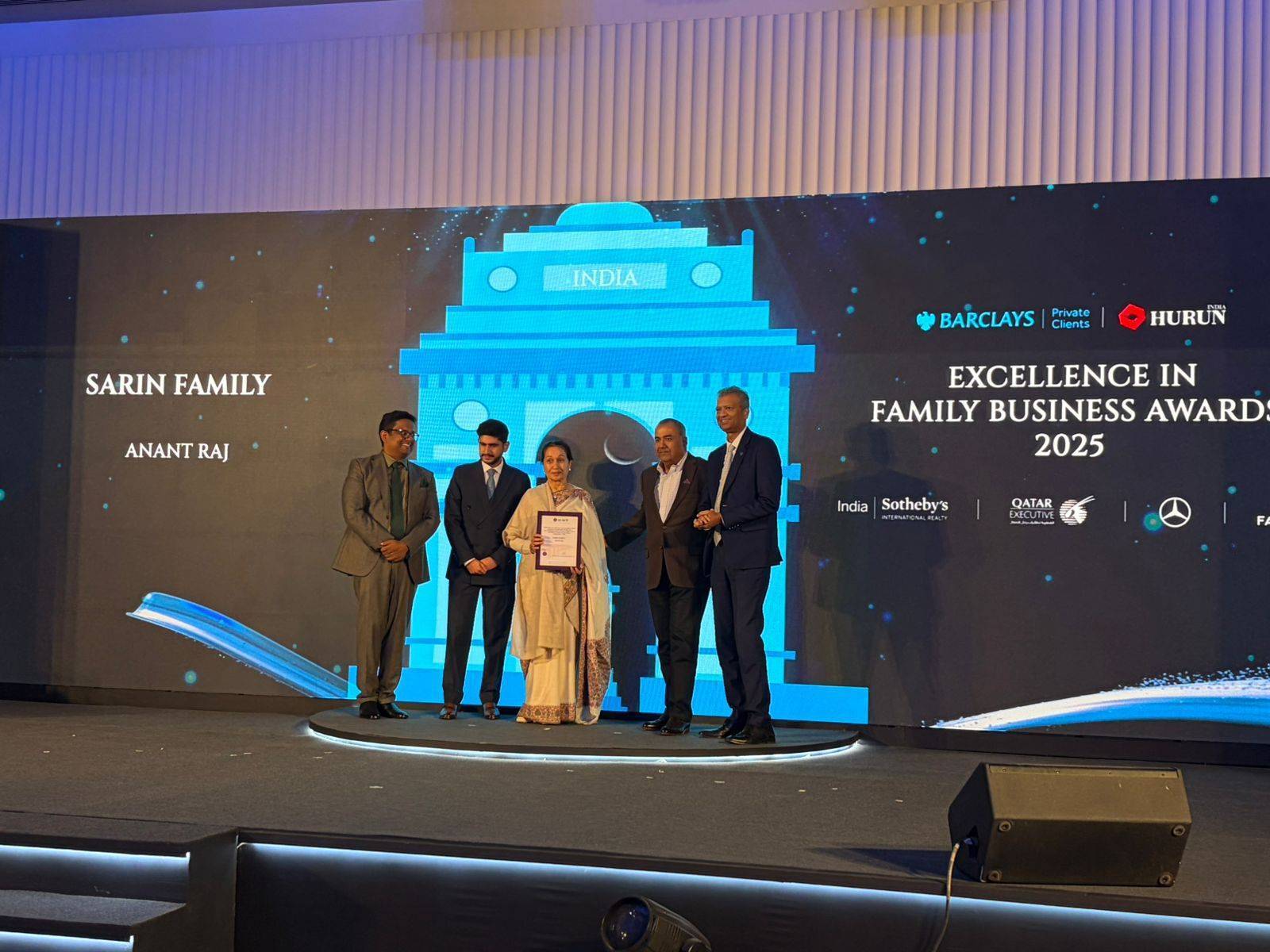

.png)